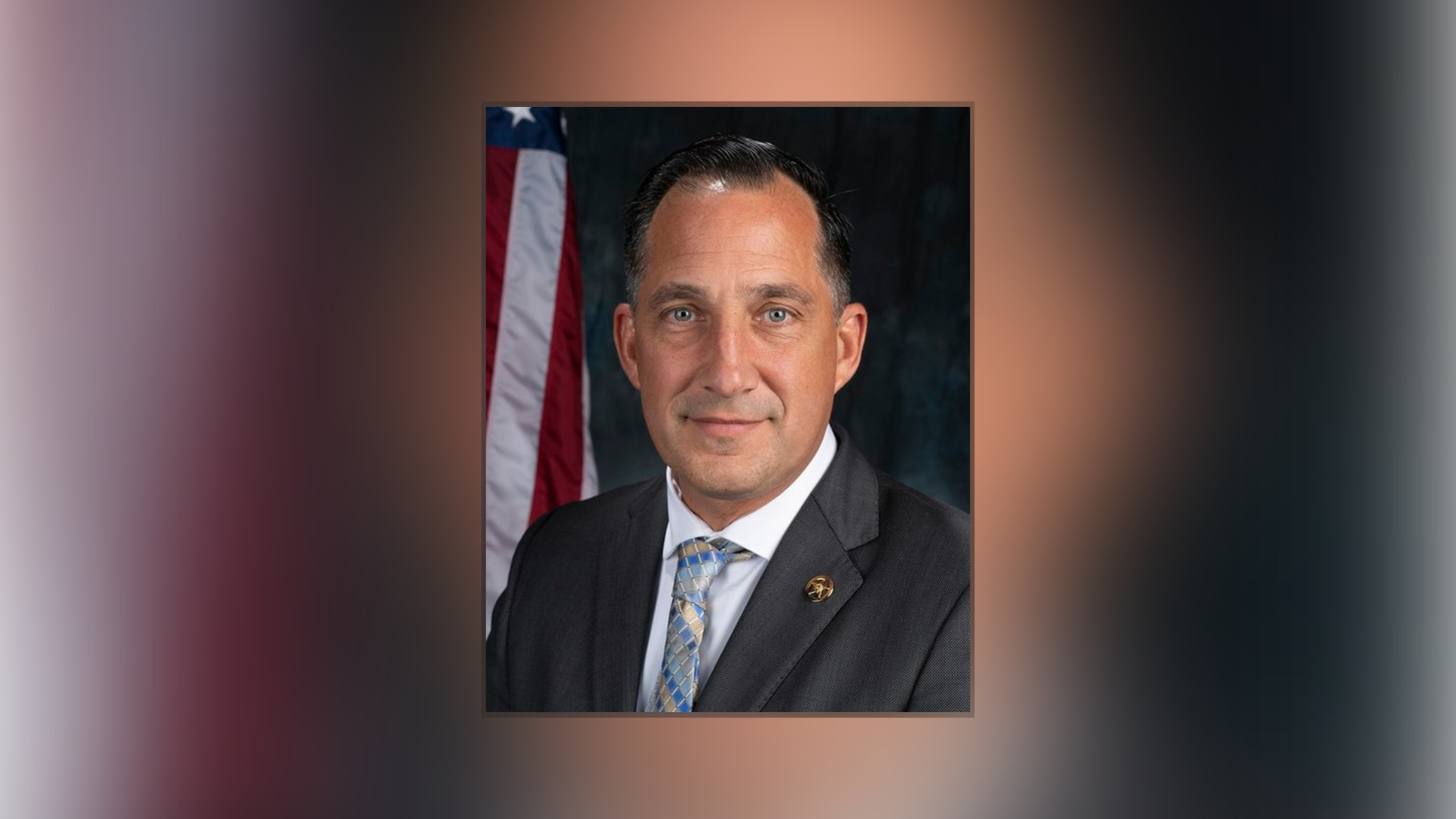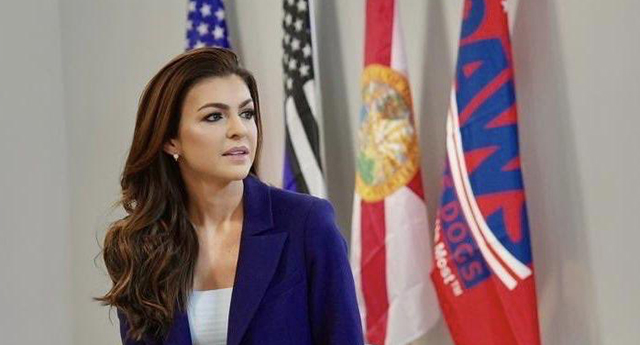With Gov. Ron DeSantis facing term limits next year, the rumor mill about his potential successor has been churning for months, but it came further into focus this week when NBC News’ Matt Dixon reported that Republican donors were discussing DeSantis’ wife, Casey DeSantis, as a possible contender, and that for the first time, she’s contemplating the possibility.
While contemplation is a far cry from certainty, Casey DeSantis’ bid for Governor would check a lot of logical boxes in the rousing game of politics that has been and continues to punctuate the insider baseball process of crowning leaders. And another DeSantis in the Governor’s mansion wouldn’t just extend the current habitants’ stay, it would keep Ron DeSantis relevant, while stabbing a thorn into the side of the man who is perhaps the current Governor’s biggest nemesis — Donald Trump.
And it could also shore up another grudge, one that is still emerging weeks before the state’s regular Legislative Session in March. Let’s start here.
Both DeSantises have seemingly lost control of the political narrative, at least at times and as it pertains to any sort of legislative agenda.
During past legislative sessions, Gov. DeSantis clearly ran the show. If he wanted something, he got it, no matter the outcry. Before he declared his intent to run for President ahead of the 2024 cycle, the writing was on the wall, not in small print, but in glaring red spray paint large enough for those in the back to clearly make out. He was, at the time, “America’s Governor,” and viewed as a logical alternative to Trump. He had all the things MAGA world loved about Trump, but without the unpolished baggage. To the donor class, DeSantis seemed like Trump in a nicer, more palatable package.
But that house of cards toppled, hard. Now, he’s battling with Legislative leadership in the House and Senate, but in particular with House Speaker Daniel Perez. On Thursday afternoon, Perez sent a letter to his members announcing the framework for workgroups established to evaluate DeSantis’ budget vetoes last year, and make recommendations about overriding some of them, a huge slap to a Governor whose power once seemed absolute.
It may be a chicken or egg type of situation, but DeSantis’ response to the perceived slight handed to him by Perez and Senate President Ben Albritton when they gaveled into the Special Session DeSantis had ordered only to then gavel right back out and open another Session, one with their versions of an immigration package instead of the Governor’s, has further alienated DeSantis among the state’s legislative branch. Sure, he still has allies in the Capitol, but they’re outnumbered.
And DeSantis is without another option. The plan had been, in what was an open secret in political circles, to back Ashley Moody as his successor. But that got poo poo’d when DeSantis had to appoint her to the U.S. Senate to fill the remaining term of Marco Rubio after he was tapped by Trump to serve as Secretary of State. Like now, there was no one else.
He had a back-up plan in Jose Oliva, but that turned out to be a dud. The former House Speaker is anti-Trump and, by current GOP standards, soft on immigration. The combo is a death knell for any candidate in a GOP Primary.
And then there’s the Trump factor.
DeSantis, as we well know, is not a fan of losing. And he’s already lost — publicly and spectacularly — to Trump once. Not only did Trump best DeSantis in the 2024 Republican presidential Primary, he trounced him time and time again. Trump’s dominance was almost hard to watch, perhaps even for Trump supporters.
So now DeSantis has a chance to take another go, this time by usurping the President’s chance to essentially handpick the next Florida Governor. We know Byron Donalds is considering a run, and he’s a top Trump ally, meaning there’s a better than decent chance Donalds will get that coveted “complete and total” endorsement.
By floating Casey DeSantis as an heir apparent to the Governor’s mansion, the DeSantises could scare off donors to anyone else, or at least that would be the calculus. And Gov. DeSantis — love him or hate him — is a top notch fundraiser, which could give his wife an early advantage. It also could potentially be a way to leverage power for the Governor to get his way this Legislative Session, emphasis on “potentially.”
It’s clear the Desantises are trying to control a whole lot of things, not just with floating Casey as a gubernatorial prospect, but with just about anything that has occurred over the past several years. As an anointed power couple, they are attempting to control donors, the Legislature, the narrative … everything, really.
But there are huge flaws in the DeSantis world calculations.
First of all, Casey DeSantis is an unproven candidate — she’s never personally run for anything — and her public persona is mostly apolitical, potentially alienating her from the MAGA crowd needed in this day and age to win dog catcher, let alone Governor. And of course there’s a really glaring negative here: It was Casey DeSantis who engineered her husband’s epic fail in challenging Trump for the White House.
Second, does anyone actually see Ron DeSantis sitting dutifully behind his wife as Florida’s First Gentleman. DeSantis is NOT Doug Emhoff. He’s not going to cut ribbons at gas station grand openings and carry pom poms around while his wife established herself as a presidential contender in 2028.
Two or three years ago the prospect of Casey DeSantis following her husband into the Executive Office of the Governor seemed like a gem of an idea. She’s a telegenic personality who would have appealed to women and men alike. But now, she’s the better half of a defeated man — defeated by Trump and defeated by the Florida Legislature.
Is anyone really going to want four or eight more years of defeated DeSantises?
Post Views: 0

 Entertainment8 years ago
Entertainment8 years ago
 Entertainment8 years ago
Entertainment8 years ago
 Politics8 years ago
Politics8 years ago
 Tech8 years ago
Tech8 years ago
 Tech8 years ago
Tech8 years ago
 Tech8 years ago
Tech8 years ago
 Politics8 years ago
Politics8 years ago
 Tech8 years ago
Tech8 years ago











